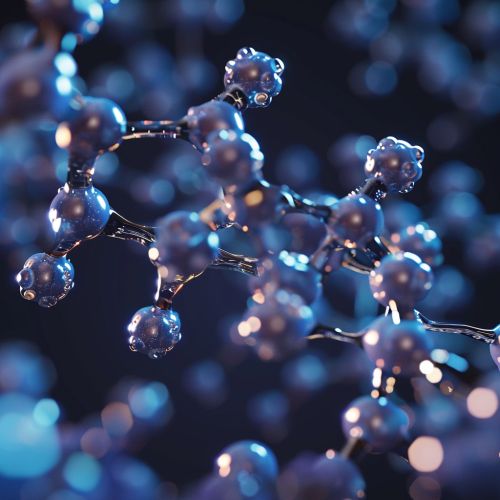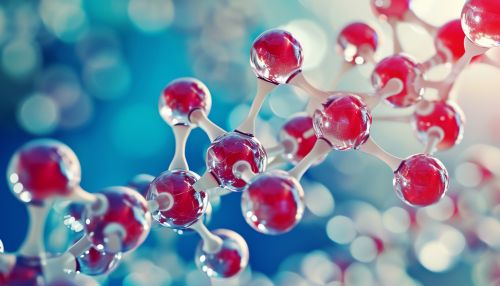Polyketide
Introduction
Polyketides are a class of secondary metabolites produced by certain living organisms. These compounds are often highly complex and can exhibit a wide range of biological activities, including antibiotic, antifungal, antiviral, anticancer, and immunosuppressive properties. Polyketides are synthesized by polyketide synthases (PKSs), large multi-enzyme complexes that assemble simple carboxylic acids into a diverse array of intricate structures.


Biosynthesis
Polyketide biosynthesis is a process that involves the sequential condensation of simple carboxylic acid units. This process is catalyzed by polyketide synthases (PKSs), which are large enzyme complexes that can be classified into three types: type I, type II, and type III. Each type of PKS operates via a different mechanism and produces a distinct class of polyketides.
Type I PKSs
Type I PKSs are large, multifunctional proteins that operate in an assembly-line fashion. Each enzyme complex contains multiple active sites, each responsible for a specific step in the biosynthetic process. The growing polyketide chain is covalently attached to the PKS and is passed from one active site to the next, with each site performing a specific chemical transformation.
Type II PKSs
Type II PKSs, in contrast, are composed of discrete, monofunctional proteins that act in a concerted manner. The polyketide chain is not covalently attached to the enzyme complex, but instead is bound to a small, soluble protein called an acyl carrier protein (ACP). The ACP shuttles the growing chain between the various active sites of the PKS.
Type III PKSs
Type III PKSs are the simplest and most versatile of the PKSs. They are single proteins that can catalyze all the reactions necessary for polyketide biosynthesis. Unlike type I and II PKSs, type III PKSs do not require an ACP or any other protein cofactors.
Structural Diversity
Polyketides exhibit an extraordinary degree of structural diversity, which is largely a result of the modular nature of their biosynthetic pathways. Each module of a PKS can be thought of as a set of instructions for the assembly of a specific structural element of the polyketide. By varying the number and order of modules, as well as the specific reactions they catalyze, a vast array of different polyketide structures can be generated.
Biological Activity
Polyketides are known for their potent biological activities, which have made them valuable as pharmaceuticals and agrochemicals. Many well-known drugs, such as the antibiotic erythromycin, the anticancer agent doxorubicin, and the cholesterol-lowering drug lovastatin, are polyketides or derivatives thereof. The biological activity of polyketides is largely a result of their ability to bind to and modulate the activity of specific protein targets within cells.
Biotechnological Applications
Due to their structural complexity and potent biological activities, polyketides have been the focus of many biotechnological efforts aimed at producing new and improved drugs. One approach has been to engineer PKSs to produce novel polyketides with enhanced or altered biological activities. Another approach has been to use synthetic biology techniques to produce polyketides in heterologous hosts, such as bacteria or yeast, which can be more easily manipulated and cultured than the native polyketide-producing organisms.
